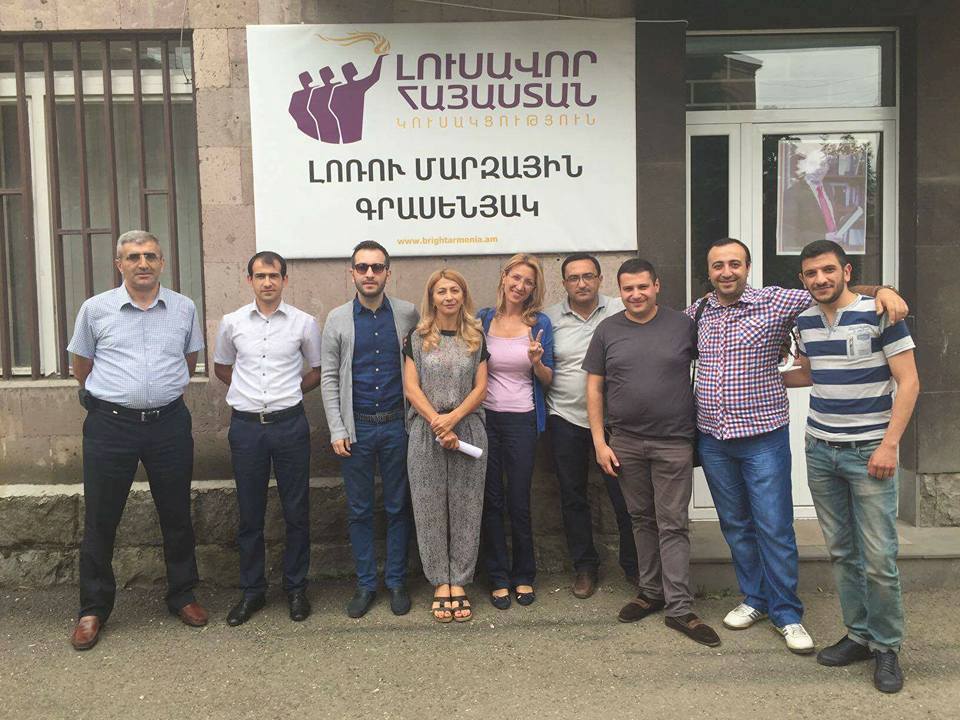Elections Set in Gyumri and Vanadzor
Following a tense, 14-day renegade takeover of a Yerevan police station, Armenians throughout the world have increasingly been discussing conditions in their fragile republic. While virtually everyone, including the president of the country himself, agrees that radical change is needed, the jury is still out on how to achieve it.
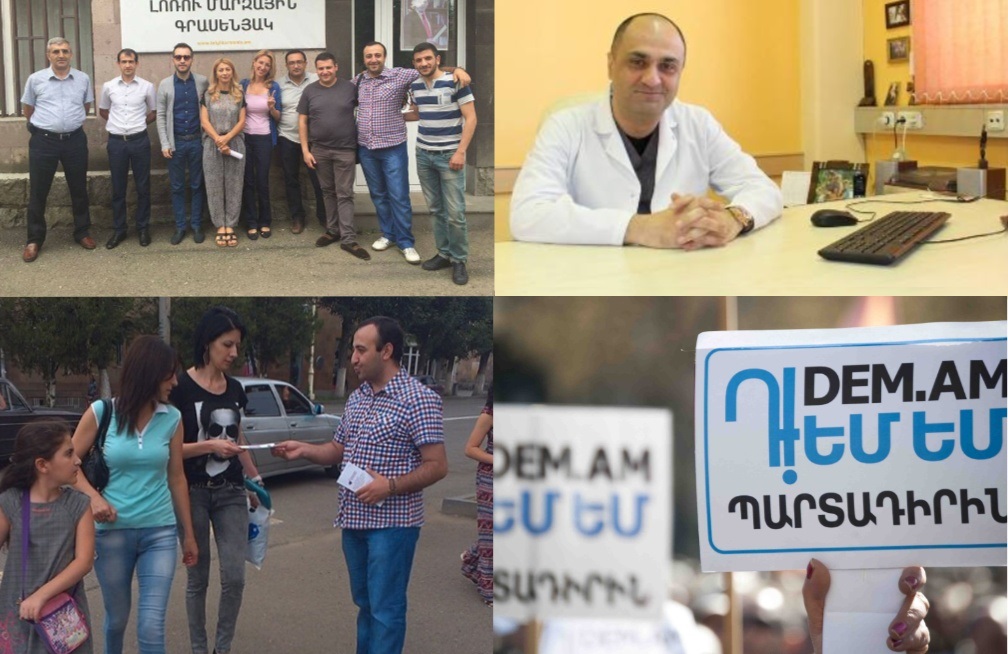
In about one month, there will be elections in 700 local communities throughout country, including Gyumri and Vanadzor, the 2nd and 3rd largest cities respectively, on Oct. 2.
Members of the “Sasna Tsrer” group that carried out the armed siege—most of whom are veterans of the Artsakh (Nagorno-Karabagh/NKR) liberation movement—insist that peaceful methods have run their course. They proclaimed an armed rebellion and called on the masses to join them as their only salvation.
Paradoxically, virtually all of those who expressed support or sympathy toward the armed group disavowed the use of force. Indeed, many protesters took to the streets to prevent violence and to ensure that the police did not harm the gunmen. Armenian political analyst Kevork Ter-Gabrielyan characterized the situation as “schizophrenic,” wherein, “on the one hand, the public cannot justify this type of violent action but, at the same time, they understand the structural violence that caused it, so they can’t help but stand with the group.”
Nevertheless, the narrative that peaceful means have been exhausted in Armenia is widespread. People are gripped with a sense of despair, seeing little hope in making change through legal or political means. In its place we see recurring crises, street protests, and sporadic violence.
This disillusionment may be why much of the latest discourse over making change in the country has excluded any mention of local government elections. In about one month, there will be elections in 700 local communities throughout country, including Gyumri and Vanadzor, the 2nd and 3rd largest cities respectively, on Oct. 2. Yet, most opposition parties, pundits, and onlookers have been curiously silent or indifferent toward the process.
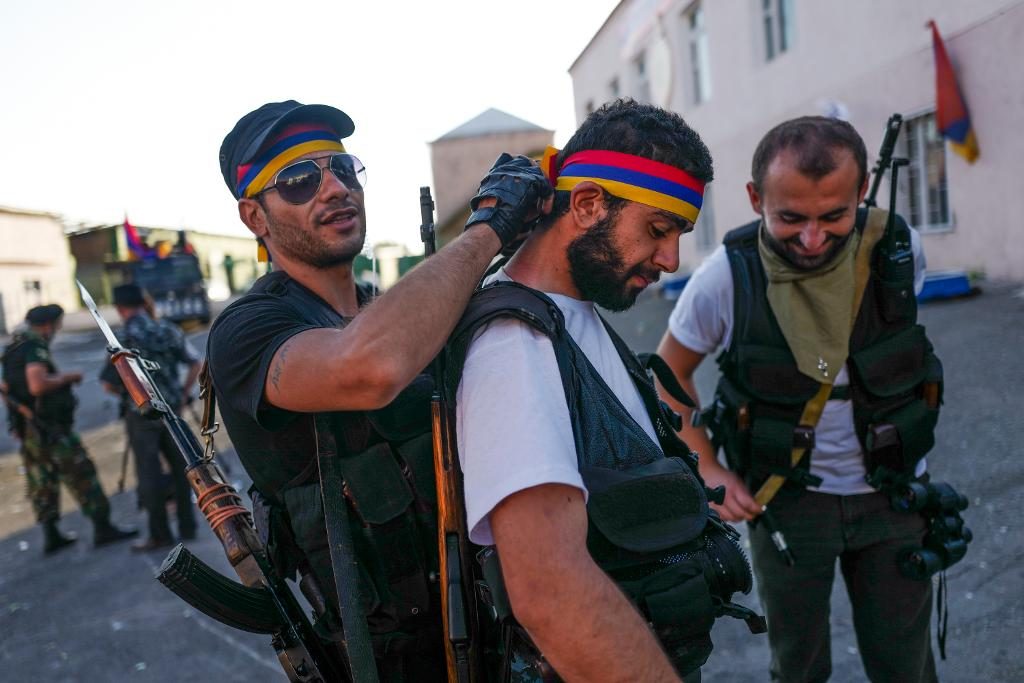
Members of the Sasna Tsrer’ group that carried out the armed siege—most of whom are veterans of the Artsakh liberation movement—insist that peaceful methods have run their course.
For example, in Vanadzor, the local head of the opposition Heritage Party, Garnik Sahakyan, openly declared that, “For me, the local self-government elections are not serious. I’m in favor of revolutionary struggle.” Although conceding that his party will probably end up participating, he makes it clear that it will just be a formality, admitting that they have serious organizational issues internally.
Likewise, Nikol Pashinyan’s Social Contract Party has had internal challenges in Vanadzor, with its entire Executive Council having disbanded in early June. They apparently were reprimanded for holding talks with other opposition groups regarding the formation of an alliance for the elections. Three of its top members (including the local president) resigned in protest over what they described as an “unhealthy working environment within the party,” likening the conduct of party leaders to that within the ruling Republican Party.
Most of the other oppositional parties have also yet to announce their candidates for the elections. And this in a city where, in the last three elections, the ruling Republican Party didn’t gather more than 30 percent of the vote. Vanadzor is an opposition stronghold—without any substantial opposition presence.
What’s more, the new electoral code mandates a proportional representation system (where voters choose party slates instead of individual candidates) in these major cities, potentially offering opposition parties a higher chance of scoring victories. This will also be an important testing ground for the 2017 parliamentary elections.
Only one opposition group seems to be taking heed to all of this: independent parliamentarian Edmon Marukian’s newly-formed Bright Armenia (Lousavor Hayastan) Party. Many of its active members are young professionals and veterans of the DemEm civic initiative that defeated the government’s pension privatization plan. They are explicitly focusing on organizing from the bottom-up and fielding candidates in local races. Marukian’s brother Krist, a financial professional who lives in Vanadzor, is heading up the party’s list in the coming elections.
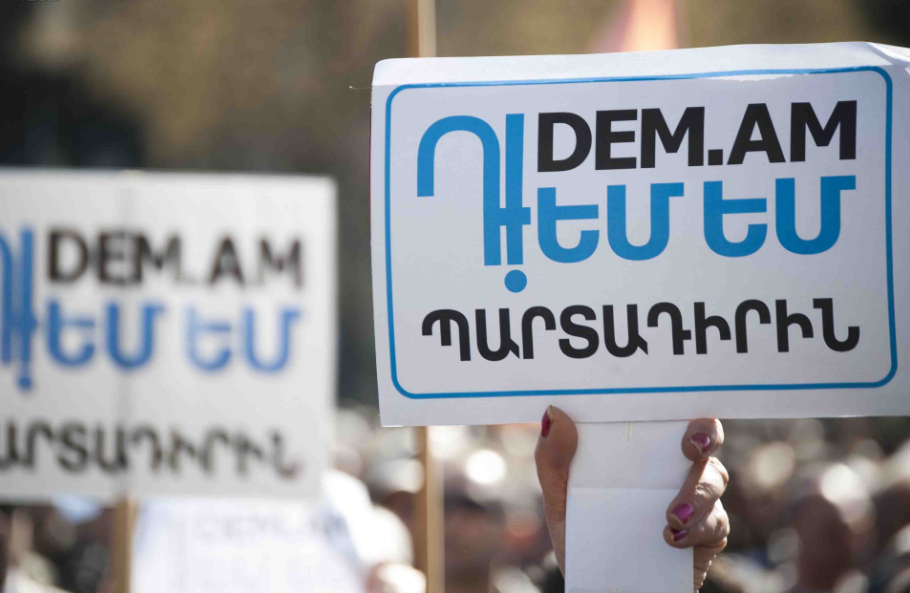
Many of the active members of the newly-formed Bright Armenia are young professionals and veterans of the DemEm civic initiative that defeated the government’s pension privatization plan.
In the midst of the “Sasna Tsrer” police station siege, Bright Armenia’s members were involved in the protests, but made it clear that they sought to ensure peace rather than endorse calls for armed rebellion. One of its activists, Davit Khazhakyan, called on demonstrators to channel their indignation into opposition strength at the ballot box. Under the slogan of the “Change Starts Within Us,” he asked rhetorically, “Are you ready to speak with people about their candidates, go door-to-door, oversee electoral stations and achieve victory?”
Sadly, the bottom-up approach of these young activists is only slowly being introduced within Armenia. For years, political figures have mostly gunned for top seats in national office, such as the presidency. They appear every couple of years to topple the government with promises of a brighter future, and when the campaign subsides, the population is left by the wayside, unorganized and disillusioned. In Vanadzor, for example, there are countless foreign-funded NGO’s, opposition-oriented media, and disgruntled citizens but no serious political grassroots organization. The widespread discontent does not materialize into political capital because, quite frankly, the difficult work needed to make that happen has not been done.
The same is true in Gyumri, an area known for its oppositional sentiment. Currently, the main challenger to the Republican-backed mayor, Samvel Balasanyan, is the Armenian Revolutionary Federation (ARF), whose local list is being headed by Ashot Kurghinyan, a medical doctor and head of the Austrian Children’s Hospital in the city. The ARF is also concentrating its electoral energies on neighboring smaller towns such as Artik. Most other parties have yet to make their candidates known.
Of course, many critics of the government dismiss the electoral process in Armenia altogether. They insist that nothing can be done because the regime rigs the elections and uses its state resources to tilt the results in its favor. This is certainly true. But, again, part of the blame lies with the fact that the population has been left isolated and unorganized. Those calling for change in the past have put off doing the basic legwork needed to bring about a countervailing power.
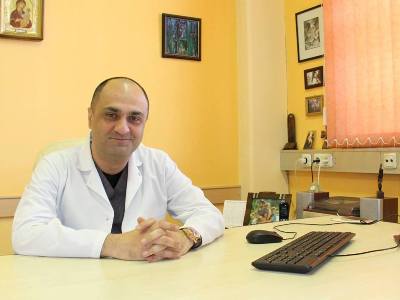
Currently, the main challenger to the Republican-backed mayor, Samvel Balasanyan, is the ARF whose local list is being headed by Ashot Kurghinyan, a medical doctor and head of the Austrian Children’s Hospital in the city.
In addition, recent Armenian history shows that vote rigging can be significantly reduced through the presence of monitors and election observers. In the December referendum on constitutional reforms, virtually all of the polling stations that had a strong observer presence registered a ‘NO’ vote against the government. The rigging took place mostly in areas where observers were not present. Thus, this fatalistic notion that nothing can be done is simply not supported by the facts.
“It is possible to achieve change within any electoral system,” insisted Marukian during a town hall forum on the coming elections in Vanadzor this past March. “If you don’t want to become a member of any political party, you can be part of the Helsinki Assembly monitoring mission and ensure justice in your local district.”
Overcoming defeatist attitudes and failed strategies of the past must certainly become a cornerstone of any effort to make change in Armenia. The idea that peaceful means have been exhausted is simply untrue. Quite the contrary: They have yet to be fully utilized. The norm since Armenia’s independence has been violent outbursts and street demonstrations, while very little has been done in the way of organizing peripheral communities, local electoral politics, or non-violent civic resistance.
Thankfully, there is a new generation of politically active citizens that are drawing lessons from the country’s own history, as well as democratic practices abroad. They are progressive-minded (mostly young) people who are determined not to repeat the same failures of the past. They can be found in social movement circles, regional organizing campaigns, election observation missions, and public forums. Although by no means perfect—and still a minority within the country—it is this burgeoning generation of post-independence youth that are leading the way for a brighter future.
Those concerned with the wellbeing of the population and the country would do well to bolster (in actual deed, not rhetoric) the efforts of these healthy new segments. Fresh minds are needed if we are to avoid the pitfalls of the past and usher in genuine democracy within the country.
Source: Armenian Weekly
Link: Regime Change from the Ground Up

